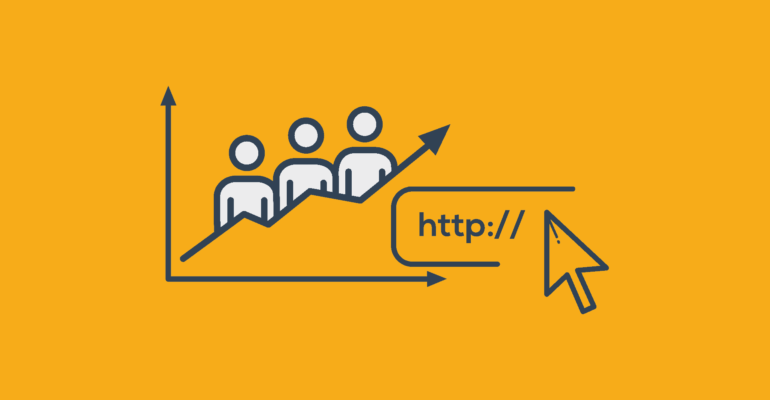www‑your‑site‑com.translate.goog, keep users within Google’s ecosystem, depriving websites of direct traffic.This behavior intensified after Google’s March core update and the rollout of AI Overviews. When a suitable page isn’t available in a user’s native language, Google serves an auto-translated English version through its proxy. That means publishers lose valuable referral data, ad revenue, and the organic credit they were expecting.Ahrefs uncovered that this proxy translation is now common in AI Overviews, featured snippets, and standard search results. This shift bypasses traditional localization practices and negatively affects analytics, as traffic appears as referrals from Google Translate instead of organic search.Website owners raised the issue on Reddit and other forums, triggering a response from Google’s support team. Google confirmed awareness of the problem and said its engineers are investigating.In the meantime, sites can reclaim traffic and analytics credit by publishing native-language translations and using proper hreflang tags. These steps help Google direct users to the original content rather than its proxy. Ahrefs also suggests using the X‑Robots‑Tag header to block translation on sensitive pages.If you want help identifying affected languages or implementing these fixes, I can guide you through detailed checks, translation workflows, and best practices.Latest posts by Adebayo Opeyemi (see all)
- Facebook Quietly Expands Downvote Button Test for Comments - June 24, 2025
- Instagram GIFs Return, But Only the Boring Ones - June 24, 2025
- Waze: What It Is, How It Works, and Why Drivers Love It? - June 24, 2025
Discover more from Techy247
Subscribe to get the latest posts sent to your email.








